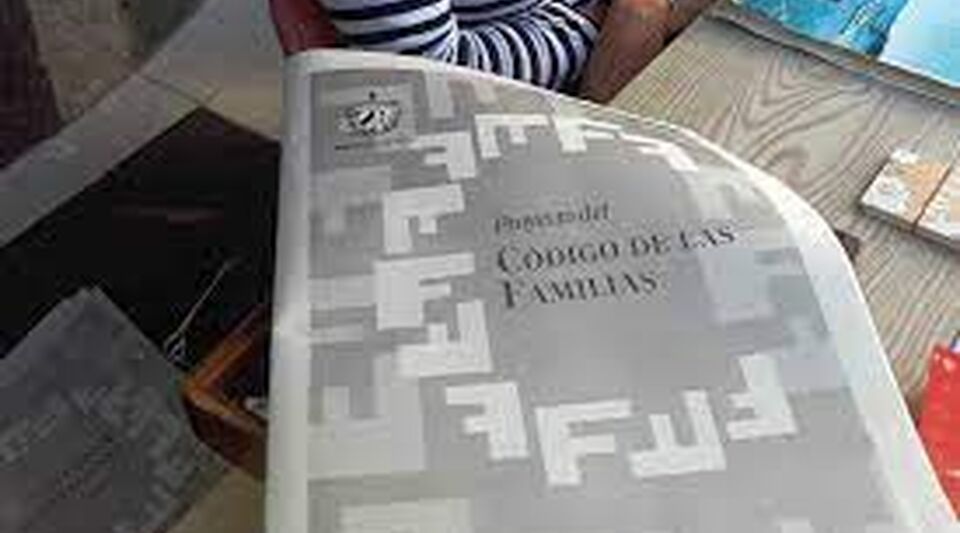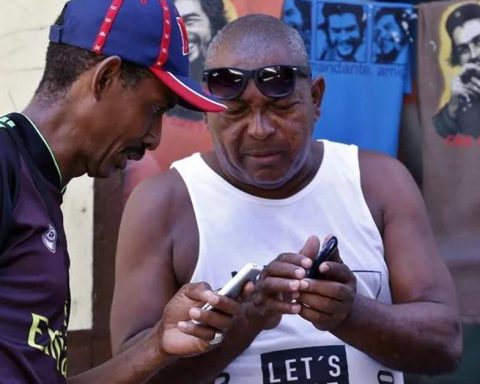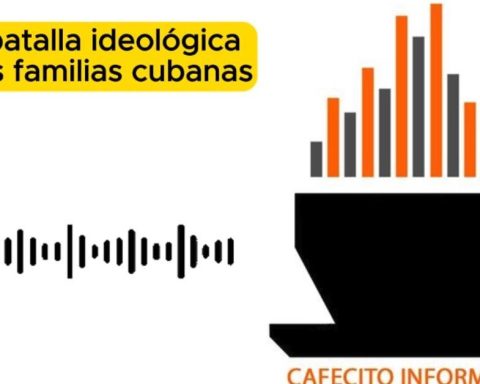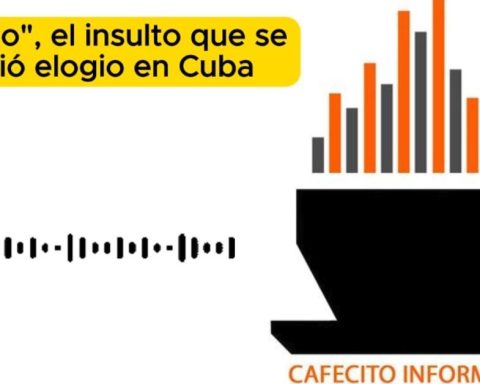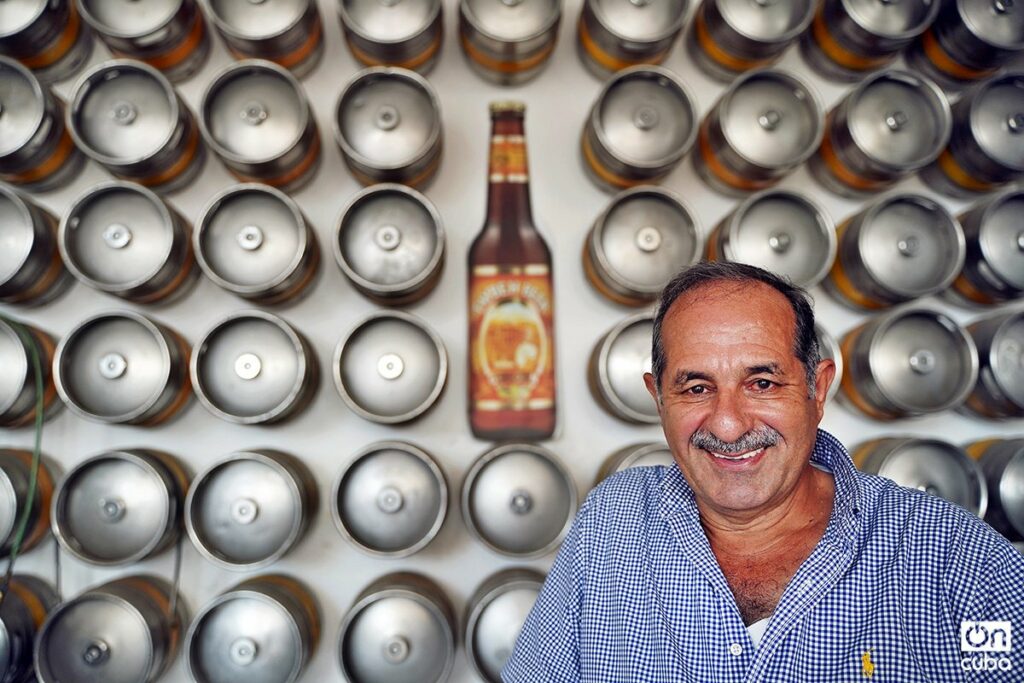The Cuban authorities have once again exploded the problem that they managed to postpone with the exit of article 68 of the 2019 Constitution and that gave the green light to the marriage of two people regardless of their sex. 12 days before the referendum that will validate or not the Family Code, society is once again divided and the Catholic Church has already addressed its parishioners to ask them to reject the text.
The Conference of Catholic Bishops of Cuba (COCC) spread this Monday his official position, which is not a surprise since, as the same statement indicates, he has already “stated it repeatedly”, like last february. The bishops point out that the Family Code contains many positive aspects, including the rejection of violence within the family, the rights of grandparents, children and vulnerable people or the obligation to provide food and care for the relatives.
The bishops point out that the Family Code contains many positive aspects, but strongly reject what they call “gender ideology”
However, the bishops strongly reject what they call “gender ideology” and which they specify in four fundamental points: marriage and adoption by people of the same sex, solidarity gestation and gender self-determination.
The bishops are not opposed to a change in the Family Code, but they consider that it is wrong in these aspects and ask that it be rejected so that, later, they continue working on a new one that does not include the aforementioned rights. “That would not mean the impossibility of continuing to work on a new Code, which would update family legislation and introduce all the positive aspects contained in this law submitted to a referendum, but which, in turn, would adapt the controversial institutions to the feeling of the majority of the people and the moral principles that the founding fathers of the country have bequeathed to us and that sustain us as a nation,” they allege, quoting José Martí.
The bishops raise their voices for the first time against the lack of plurality in the Cuban press, since they consider that the State has “all the means of communication” at its disposal. “Information, by flowing in one direction, without other counterweights, operates as a conditioning factor, and the vote derived from it will express, necessarily and inevitably, a conditioned will,” he adds.
The note ends by appealing to the “conscience” of Cubans so that they vote responsibly and recalls that this debate already existed in 2019 when, “the majority of Cubans wanted the definition of marriage to be maintained as the union of a man and a woman woman, as it appears in the current Family Code of 1975”.
The Cuban population was never able to pronounce itself in that sense or to the contrary, since the proposal was partially eliminated from the Constitution and it was postponed to materialize it in the subsequent drafting of the Code that will be submitted for endorsement next Sunday 25. The Magna Carta, whose withdrawn article 68 specifically defined marriage as “the voluntary union arranged between two persons with legal capacity to do so”, left the question open by changing “spouses” to “man and woman”.
The opposition itself has held open debates through social networks not only about the content of the law, but also about whether it is convenient to vote in an election organized by the regime
With this change, the door was left open to updating the Family Code and the Government obtained a little oxygen by postponing the matter. But the population arrives in the same situation and the positions are very divided. In the ruling party, the yes in favor of the law is practically unanimous, at least in appearance, since the closing of ranks is the norm in these cases although, intimately, there are discrepancies.
In plural spaces, however, the division is more obvious. The opposition itself has held open debates through social networks not only about the content of the law, but also about whether it is convenient to vote in an election organized by the Cuban regime or if, ultimately, voting against it to confront the authorities it supposes to subtract rights from a part of the population that suffered in the past the frontal attacks of Castroismwith internment in the forced labor camps of the Military Units for Production Assistance (Umap).
The YoSíTeCreo Cuba platform is among the independent groups that have openly expressed themselves in favor of the Family Code, which they point to as positive because “it covers much broader population demands and needs than its predecessor,” although it regrets that it is the only legislation submitted a referendum and that the rights of minorities can be decided by majorities, in addition to keeping an eye on how it will be fulfilled if it is approved.
________________________
Collaborate with our work:
The team of 14ymedio is committed to doing serious journalism that reflects the reality of deep Cuba. Thank you for joining us on this long road. We invite you to continue supporting us, but this time becoming a member of our newspaper. Together we can continue transforming journalism in Cuba.
